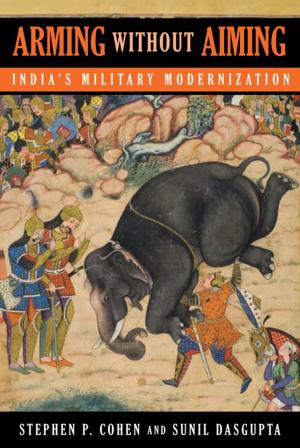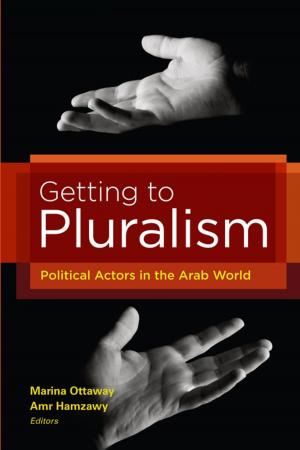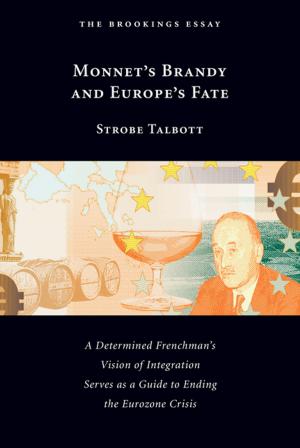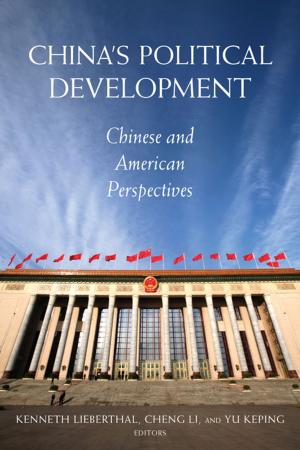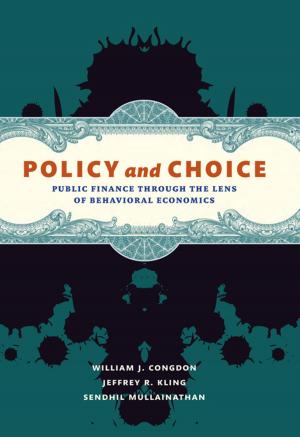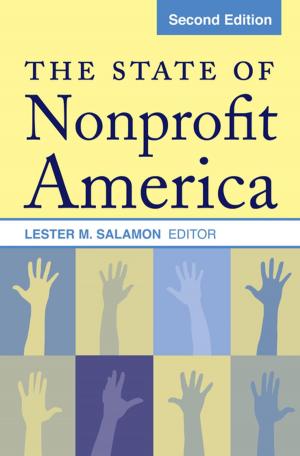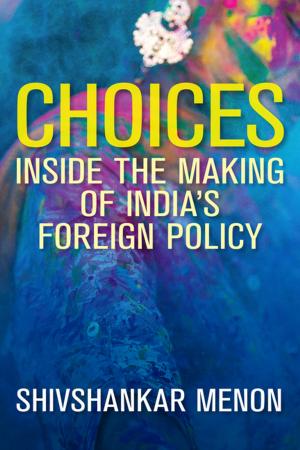Open Budgets
The Political Economy of Transparency, Participation, and Accountability
Nonfiction, Social & Cultural Studies, Political Science, Government, Public Affairs & Administration, Public Policy| Author: | ISBN: | 9780815723387 | |
| Publisher: | Brookings Institution Press | Publication: | April 4, 2013 |
| Imprint: | Brookings Institution Press/Ash Center | Language: | English |
| Author: | |
| ISBN: | 9780815723387 |
| Publisher: | Brookings Institution Press |
| Publication: | April 4, 2013 |
| Imprint: | Brookings Institution Press/Ash Center |
| Language: | English |
Decisions about "who gets what, when, and how" are perhaps the most important that any government must make. So it should not be remarkable that around the world, public officials responsible for public budgeting are facing demands-from their own citizenry, other government officials, economic actors, and increasingly from international sources-to make their patterns of spending more transparent and their processes more participatory.
Surprisingly, rigorous analysis of the causes and consequences of fiscal transparency is thin at best. Open Budgets seeks to fill this gap in existing knowledge by answering a few broad questions: How and why do improvements in fiscal transparency and participation come about? How are they sustained over time? When and how do increased fiscal transparency and participation lead to improved government responsiveness and accountability?
Contributors: Steven Friedman (Rhodes University/University of Johannesburg); Jorge Antonio Alves (Queens College, CUNY) and Patrick Heller (Brown University); Jong-sung You (University of California-San Diego) and Wonhee Lee (Hankyung National University); John M. Ackerman (National Autonomous University of Mexico and Mexican Law Review); Aaron Schneider (University of Denver) and Annabella España-Najéra (California State UniversityFresno); Barak D. Hoffman (Georgetown University); Jonathan Warren and Huong Nguyen (University of Washington); Linda Beck (University of MaineFarmington and Columbia University), E. H. Seydou Nourou Toure (Institut Fondamental de l'Afrique Noire), and Aliou Faye (Senegal Ministry of the Economy and Finance).
Decisions about "who gets what, when, and how" are perhaps the most important that any government must make. So it should not be remarkable that around the world, public officials responsible for public budgeting are facing demands-from their own citizenry, other government officials, economic actors, and increasingly from international sources-to make their patterns of spending more transparent and their processes more participatory.
Surprisingly, rigorous analysis of the causes and consequences of fiscal transparency is thin at best. Open Budgets seeks to fill this gap in existing knowledge by answering a few broad questions: How and why do improvements in fiscal transparency and participation come about? How are they sustained over time? When and how do increased fiscal transparency and participation lead to improved government responsiveness and accountability?
Contributors: Steven Friedman (Rhodes University/University of Johannesburg); Jorge Antonio Alves (Queens College, CUNY) and Patrick Heller (Brown University); Jong-sung You (University of California-San Diego) and Wonhee Lee (Hankyung National University); John M. Ackerman (National Autonomous University of Mexico and Mexican Law Review); Aaron Schneider (University of Denver) and Annabella España-Najéra (California State UniversityFresno); Barak D. Hoffman (Georgetown University); Jonathan Warren and Huong Nguyen (University of Washington); Linda Beck (University of MaineFarmington and Columbia University), E. H. Seydou Nourou Toure (Institut Fondamental de l'Afrique Noire), and Aliou Faye (Senegal Ministry of the Economy and Finance).

